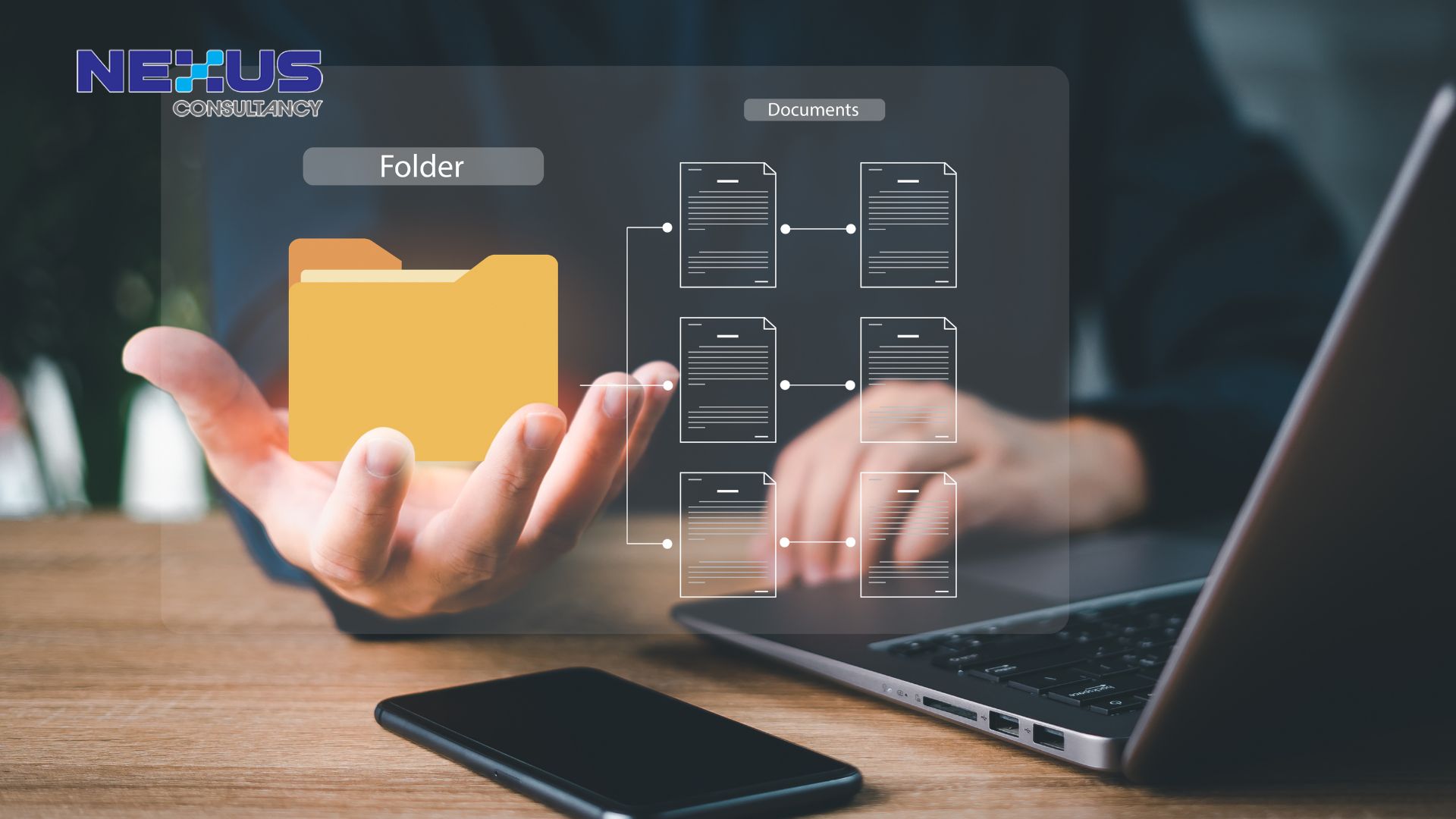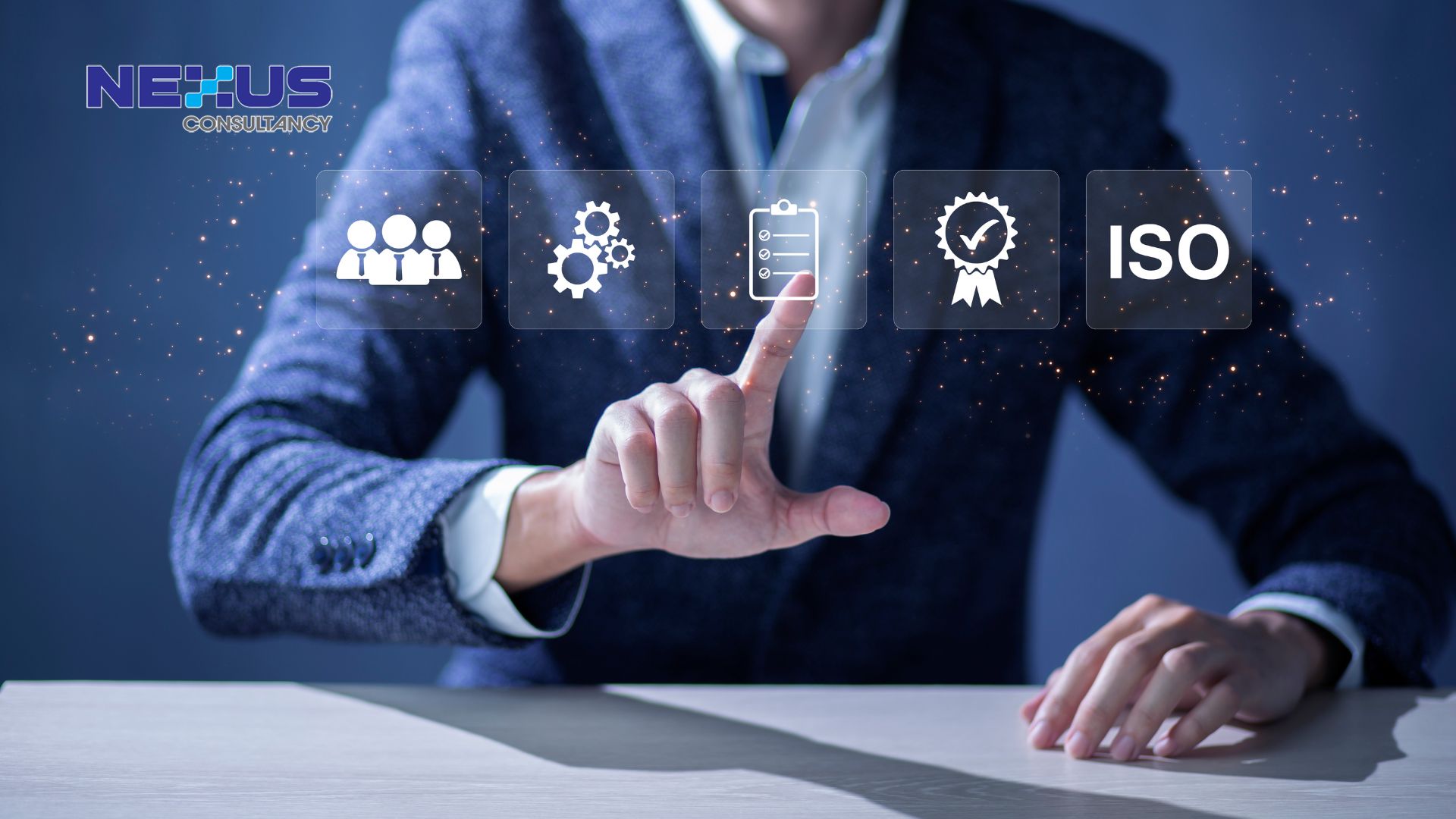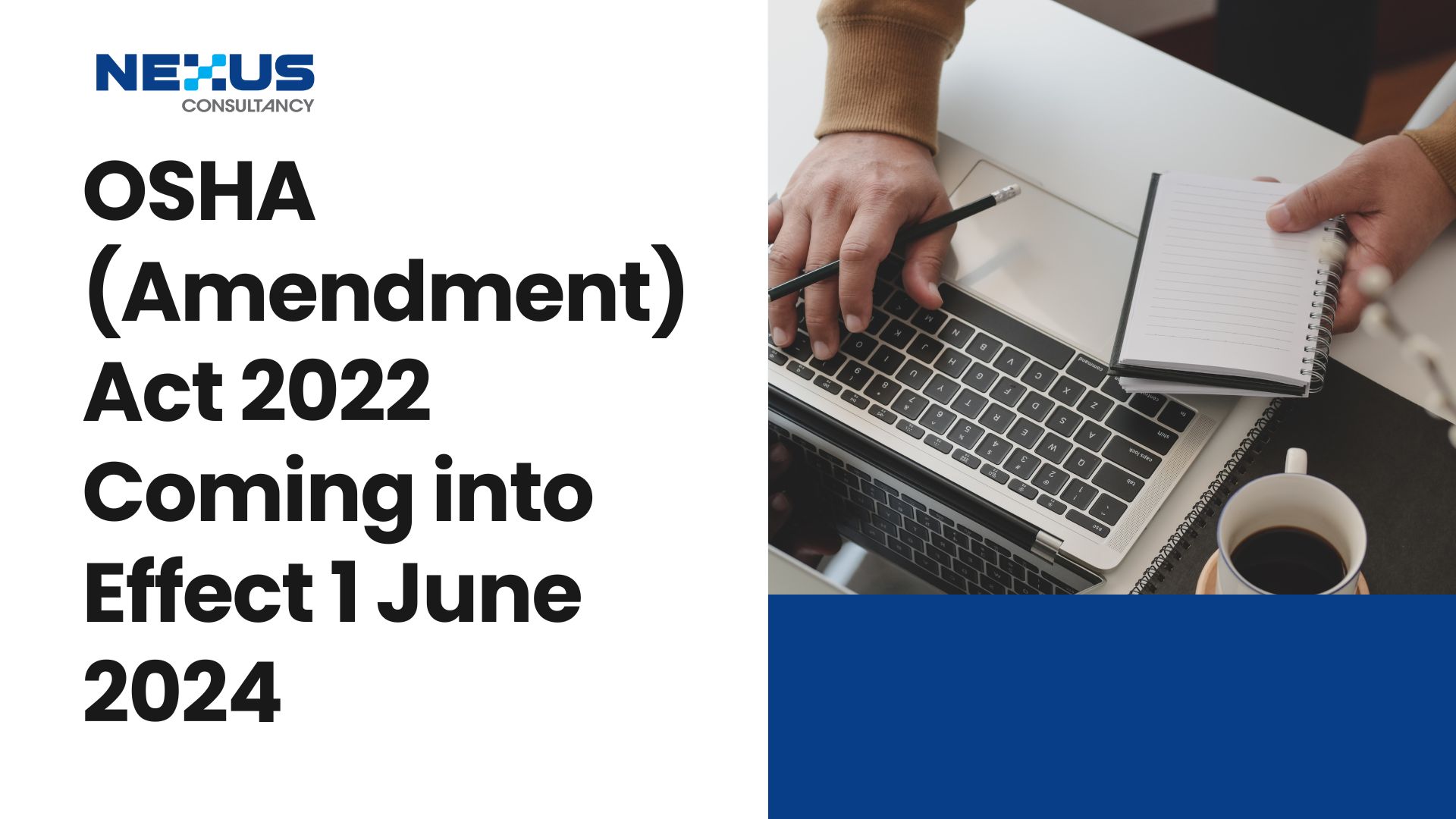
Koh Zhuan Lun
Management Consultant
” The workplace is constantly changing and consumer expectations continue to rise. It is critical that companies equip themselves with innovative and efficient digital tools. “
– 4 mins read

Every business owner wants to make the most of his or her resources. Aside from increasing profits, businesses strive to reduce the total cost of their operations. This is where standardized business processes come in; it can perform a variety of tasks without the business owner giving instruction for every single task. It assists businesses in reducing costs while also increasing productivity.
For some business owners, standardization can seem to be limiting organizational operation, but nothing could be further from true.
Standardized procedures and guidelines help to improve business efficiencies, and productivity, reducing errors and thus saving money. However, in the current digital economy, even having a set of guidelines is insufficient. As a result, in order to advance even further, businesses frequently implement systems such as enterprise resource planning systems (ERP).

What is Standardization?
Standardization is the process of establishing and implementing a set of standards for processes associated with the creation of a good or service.
Implementing an ERP system for standardization is frequently seen in manufacturing industries to ensure their goods meet their standards, but we are increasingly seeing ERP software implemented across industries such as professional services, hospitality, distribution, and so on to standardize their operations.
Modern ERP systems not only collect, store, and analyse data across departments, but they also allow you to align your business processes with industry-standard processes.

Why Do You Need Standardization?
Standardization helps to ensure the consistency of your products and services. Consistency is very important in customer experience and how you deliver your products and services. If the same products and services receive mixed feedback, often it is due to not standardized business procedures causing inconsistencies in your products or service, thus, harming your brand.
Typically, companies would request all-in-one business management solutions to meet their needs and business challenges. This solution not only helps to standardize their business procedures, but it also helps to centralize their operations, allowing for a 360-degree view of their business, improving collaboration, and lowering costs by reducing the number of different systems used by departments.

How does ERP Help in Standardization?
Every business is different, but that doesn’t make ERP standardization an obstacle to achieving your unique goals. However, it does mean that every business will have a different approach to ERP standardization and customization. Determining how to implement your software in accordance with the needs of your company will require a thorough analysis of business processes.
Let’s take an example of how a manufacturing company is using ERP systems to standardise their business processes. The software helps you follow manufacturing best practices and streamline operations. From reports, workflows, document processing, inventory management, purchasing, and supply chain to a wide range of business processes. The tasks that take the most amount of your time or where human errors commonly occur are the ones that being standardized and automated as a first.
Wrap Up
When using ERP to standardise procedures, flexibility should not be sacrificed. While an ERP system will require some workflow modifications, it will also provide you with the flexibility to grow sustainably. Our Nexus ERP+ Solution is designed accord with manufacturing best practices while providing flexibility. Nexus ERP+ supports configurations, simplifies customizations and provides user-friendly tools to ensure your software keeps up with changing business demands.
Reference:
- https://adynamics.com.my/blog/erp-system-standardize/
- https://blog.datixinc.com/blog/your-guide-to-understanding-erp-standardization
More Article
Empowering Employees through ESG: The Role of Training and Awareness
Chief Operating OfficerEmpower your team with ESG training. ISO-aligned, practical, and impactful for SMEs in Malaysia.As businesses around the world embrace Environmental, Social, and Governance (ESG) principles, a common mistake is treating ESG solely as a boardroom...
ESG for SMEs: Simple Steps to Get Started (Even with a Small Team)
Chief Operating OfficerSimple ESG tips for SMEs. Begin your journey with support from trusted ESG consultants in Malaysia.In today’s business environment, Environmental, Social, and Governance (ESG) practices are no longer just for large corporations. Small and...
What Is Food Safety Culture and Why It Matters More Than Ever
Chief Operating OfficerLearn why food safety culture is a must-have for compliance, brand trust, and growth—backed by ISO consultants in Malaysia.In today’s competitive and tightly regulated food manufacturing landscape, compliance alone is no longer enough. To...
Why Proactive OSH Legal Compliance Is Good for Business Reputation
Chief Operating OfficerWorried about Malaysia’s OSH Act penalties or workplace audit readiness? Discover how proactive OSH compliance builds trust, reduces fines, and supports ESG goals.In today’s competitive market, companies are judged not just by their products or...








